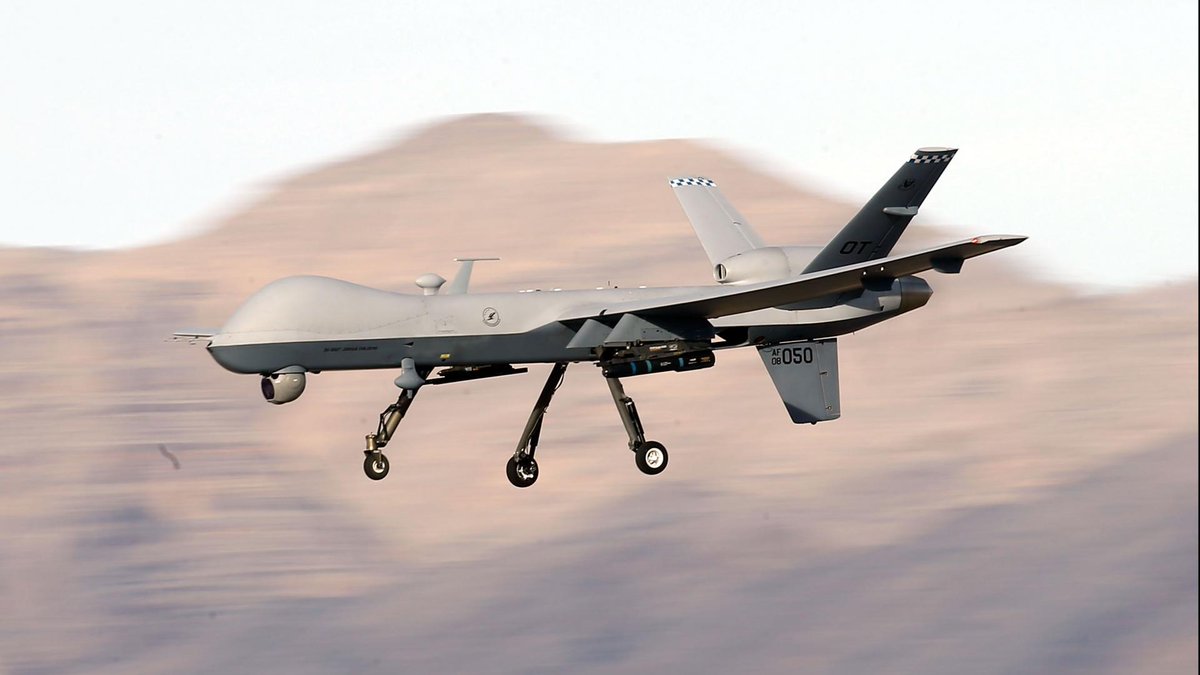Hezaji, he said, is the commander of the Lebanon Corps in the Iranian Revolutionary Guard Corps (IRGC) Quds Force. According to Israeli information, he commands all Iranian activities in Lebanon, is in charge of the precision-guided missile programme, and operates directly under the command of Quds Force Commander Major-General Qassem Soleimani.
Nuab, Conricus said, is the technological manager of the project, an engineer specialized in surface-to-surface missiles.
Nuruzi is the chief logistical officer, in charge of the transfer of logistic components and equipment from Iran through Syria to Lebanon, according to the army.
The army also named Fuad Shukr, a senior Hezbollah operative, as the commander of the project. Shukr is wanted by the United States for his involvement in the October 1983 attack on US Marines in Beirut.
Last year, Israeli Prime Minister Benjamin Netanyahu told the United Nations that Iran was directing Hezbollah to build secret sites to convert projectiles into precision-guided missiles capable of targeting Israel.
Conricus said that these efforts have been intensified in recent months, with attempts to build manufacturing and conversion facilities in a number of locations in Lebanon.
"Iran is endangering Lebanon by trying to produce precision-guided missiles on Lebanese soil while using civilians as human shields," Conricus said, calling on the international community and the Lebanese government to act.
According to Israeli assessments, Hezbollah does not yet have industrial capability to manufacture precision-guided missiles, but it has has some 130,000 rockets that are not accurate.
"If they are able to produce precision-guided munition in significant quantities, that will be a much more dangerous situation," Conricus said.
This information was released as tensions between Lebanon and Israel have heated up in recent days. After two Israeli drones went down in Beirut over the weekend, Hezbollah accused Israel of an "attack" mission.
Lebanese Prime Minister Saad Hariri, in a phone call with Russia's Foreign Minister Sergei Lavrov on Tuesday, said the drone crashes inside Lebanon threatened "to seriously escalate the situation in the region, with unpredictable results."
British newspaper The Times reported that the attack had targeted crates believed to contain machinery to mix high-grade propellant for precision-guided missiles, citing unnamed Western intelligence sources.
On Wednesday, the Lebanese army said that it fired at three Israeli drones in southern Lebanon after they violated Lebanese airspace. The Israeli army said the drones were not damaged.
---------------------------------------------------------------------------------









 Home
Home Politics
Politics











